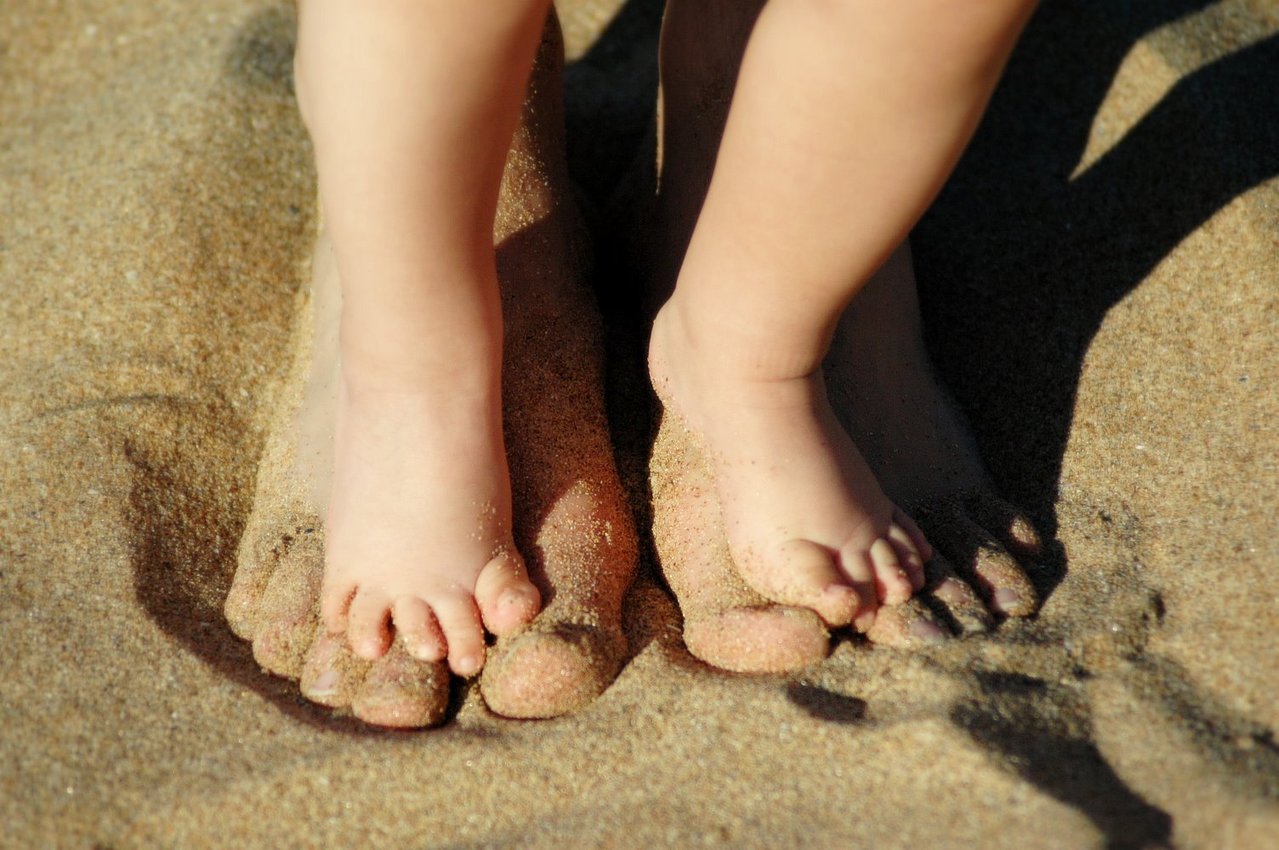Our Upbringing Affects our Parenting
We can all agree that our childhood, and the parenting we received then, has effects that reach into all aspects of our adult lives. But how does this influence, for good or bad, the way that we parent our children? In his book for fathers, Owen Connolly has addressed this important question by considering several interlinked issues. In the next few #Thursday Thoughts blog posts we will be examining these issues, and hopefully giving parents some guidance on how to raise their children to be self-confident, unique individuals.
DOES A MAN’S CHILDHOOD AFFECT THE WAY IN WHICH HE WILL PARENT HIS OWN CHILDREN?
Value Yourself!
How a man parents his own children is greatly affected by the model his own parents showed to him while he was growing up. Before the age of about ten, we interpret reality based on our feelings. “If I feel it, it must be true.” Therefore, if our own father was distant, absent or violent, we are very likely to have decided that our father didn’t like us and that all fathers are like that. A child doesn’t naturally blame his parents. He decides that “My father must not love me because I am unlovable.” If we believe we are unlovable and carry this lack of self-love into adulthood, it will certainly affect our ability to love our wives and children. So if you don’t want to repeat the mistakes that were made with you, you must consciously decide to change your mind and heart, so that the bad relationship with your father or mother doesn’t effect how you parent your own children. When each of us reaches 16 or 17, we become our own person; and after that it’s important for all of us to have a look at our lives and value who we are and shed many of the labels that were put upon us when we were younger. We have to start looking at the positive aspects of ourselves. We all have positive and negative aspects, but we can’t just keep on beating ourselves up with negative attitudes toward ourselves. We need to understand that we are each unique human beings – a four hundred million to one chance (based on the number of sperm a man ejaculates) – and if we’re a four hundred million to one chance then we really need to appreciate our uniqueness and not compare ourselves to other people because it’s the comparisons that really damage us [read a previous post on this here]. Whether you’re tall or short, whether you’re sensitive or cautious, or whether you’re an extrovert or an introvert, the thing you need to understand is that this is the cloth that you’ve been given and you must make the best suit you can out of it. Don’t say that you wish you had been given some other piece of cloth, because that’s never going to do you any good. To prepare yourself for the future, you really have to accept what you’ve been given, whatever that might be. And when you accept it and embrace it, stand in front of the mirror and look at yourself and say “Well, this is the only cloth I’m getting. And this is not a rehearsal; this is the real thing. And if I don’t start caring and loving myself – by looking after my well being and seeing myself as a useful contributor to the world and to my family – then I will be a huge disadvantage to those that I have anything to do with because my negativity will influence them.”
Love Yourself!
We grow up being constantly reminded to love our neighbour as we love ourselves, and when we hear that, we often fail to understand the “loving ourselves” aspect of the principle. We’re more inclined to look at the needs and wants of others rather than ourselves. If we actually cared for ourselves the way we would care for a neighbour, we would treat ourselves with much more compassion. We’d be less hard on ourselves and much more forgiving. Thinking this way has many ramifications, so consider how you might love yourself better and realise that it’s vitally important. Why is it important? Because out of the overflow of love we have for ourselves, we are able to love our neighbour. As you love yourself and genuinely care about yourself and value who you are, then that sense that you care that much for yourself overflows because it just emanates from you. And in that overflow, you communicate love for somebody else and have a stronger base from which to love someone else. This is especially true in marriage. If you love yourself well, then it means you won’t be just giving yourself into your partner’s care. Giving yourself into someone’s care is not a good thing, because it’s a huge burden for the other person to be responsible for your happiness. The ideal is for you to mutually share the love you have with your partner and they with you, creating an equal unity, less needy communication, and a very different kind of relationship. The only time that we are to give ourselves into the care of another person is in roughly the first 16 years of life, when we give ourselves into the care of our parents. It’s a kind of unconditional delivery of ourselves – heart, soul, body – into their care as an acknowledgement that our parents are the ones who are responsible for our happiness and our well-being and our security at that time. It is the parents’ responsibility to build us up into a person who can take over that responsibility for ourselves at a given time – 16-17 years of age.

